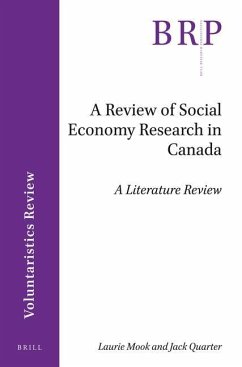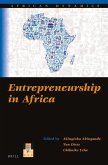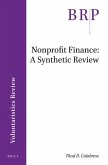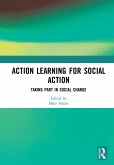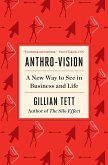Canada is a federal parliamentary democracy, officially bilingual (English and French), and one of the most multicultural countries in the world. Indeed, more than one-fifth of Canada's population consists of first-generation immigrants, and a similar percentage classify themselves as visible minorities. A confederation of ten provinces and three territories, Canada has a current population of over 36 million people who live across an expansive geographic area that constitutes the second largest country in the world. In this multifaceted context, the social economy of Canada plays an important role in bridging the public and private sectors to form a strong social infrastructure (Quarter, Mook, & Armstrong, 2018). It constitutes a vast range of organizations guided by social objectives including nonprofit organizations such as charities, foundations, and social enterprises; and cooperatives both non-financial. There are distinct traditions of the social economy in anglophone and francophone parts of Canada. There are also traditions specific to particular populations, such as the Black social economy (Hossein, 2013); and the Indigenous social economy (Restoule, Gruner, & Metatawabin, 2012; Sengupta, Vieta, & McMurtry, 2015; Wuttunee, 2010). In this review, we look at the anglophone research on the social economy, noting that there are also French-language research institutions and educational programs focusing on the social economy; however, a review of these is beyond our scope. After providing an overview of the concept of social economy in Canada, we summarize research on its scope and size in the Canadian context. Next we focus on voluntaristic behaviors of giving, volunteering (formal and informal), and participating. Our focus shifts to describing the infrastructure supporting research of the sector, including key academic and umbrella associations and networks, as well as formal and informal education programs. Finally, we describe key funders of social economy research including government and foundations.
Hinweis: Dieser Artikel kann nur an eine deutsche Lieferadresse ausgeliefert werden.
Hinweis: Dieser Artikel kann nur an eine deutsche Lieferadresse ausgeliefert werden.

